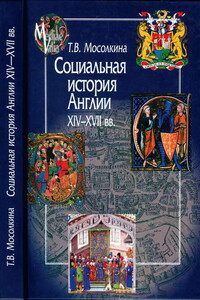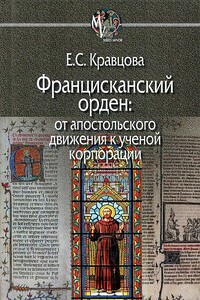Chapter three addresses records of court proceedings that had become a peculiarly interesting sort of documents since the middle of the seventh century and that filled an important gap that appeared when both narrative histories and hagiography stopped appearing as a result of the overall drop in literacy. These records were an offshoot of the imperial rescript and they conveyed to the conflicting parties the solutions found by the kings’ representatives and the king himself to the conflicts that had no precedent in Late Antique law. These court proceedings dealt with reshaping of the power balance in Neustria and they showed how different aristocratic groupings used appeals to the king to get a grip on those lands that lost their direct owners and that fell through the cracks of the Frankish and Gallo-Roman networks of authority. Although scholars have thought that these court proceeding, mostly favoring the monastery St-Denis, were “political” in the sense of favorite the key royal monastery, I suggest that even the most evident of them still showed that the merovingian court in the late period of the dynasty’s rule was the place of negotiation and incorporation of elites into the orbit of royal prestige. These documents suggest contrary to the image of the “weak rulers” the kings in this period were deemed to be peacemakers and rulers in the image of the emperor and that they were accorded the right to pronounce law. This prerogative, although derided by Einhard in the 830-s, meant a significant rise in prestige of the verovingian kings who had finally managed to move away from the military commander status and who added to their aristocratic standing (unstable and questioned by Gregory of Tours) the right to be considered worthy of law-giving, the status first accorded to Theodosius II by the Senate in 439.
* * *







